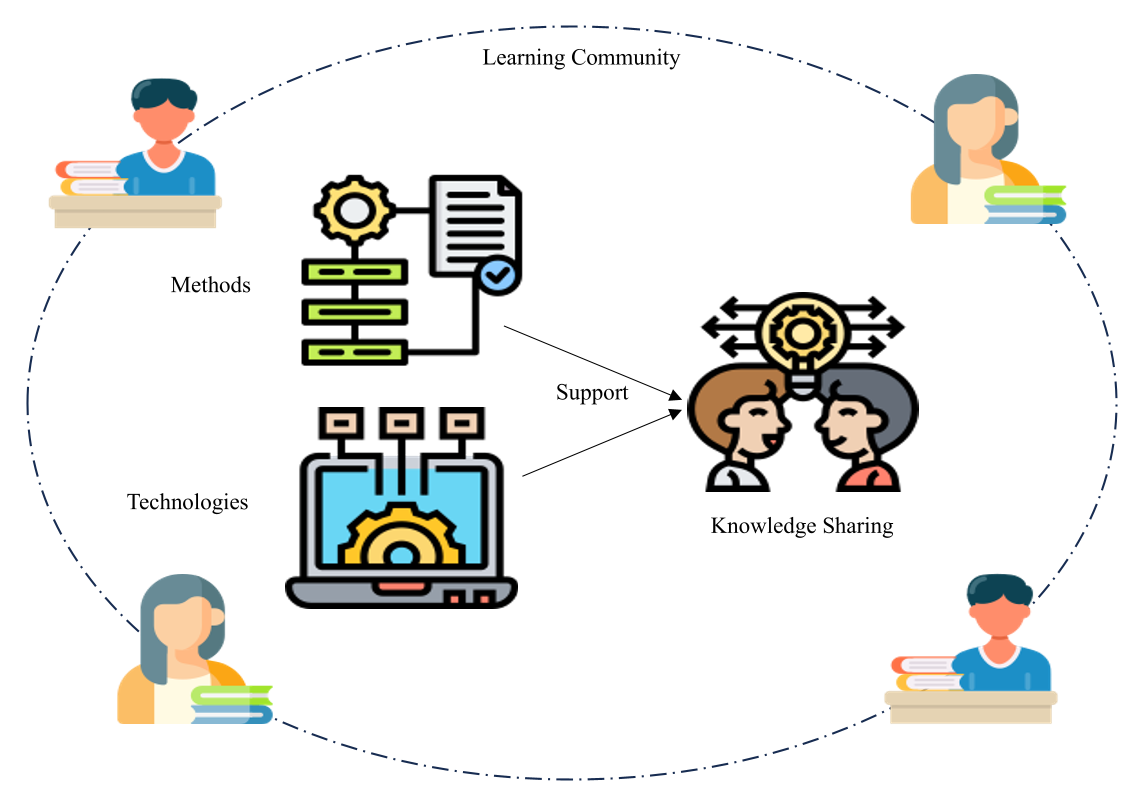In the digital age, communication has taken many forms, and one of the most powerful and accessible tools for sharing ideas is the blog. Whether it’s used for personal storytelling, professional marketing, or niche hobbies, blogging has become a vital part of the online world.
What Is a Blog?
A blog (short for “weblog”) is a regularly updated website or web page, typically run by an individual or small group, written in an informal or conversational style. Blogs can serve a wide variety of purposes—from sharing personal experiences to providing expert insights in a specific field.
The first blogs appeared in the late 1990s and have since evolved into a major platform for content creation and communication. Today, millions of blogs exist on nearly every topic imaginable.
Types of Blogs
There are many different types of blogs, depending on the writer’s goals and audience:
- Personal Blogs: These are like online journals, where individuals share their thoughts, experiences, and daily life.
- Professional/Business Blogs: Companies use these to promote their brand, educate customers, and drive traffic to their websites.
- Niche Blogs: Focused on specific topics like travel, food, fashion, technology, finance, or fitness.
- Educational Blogs: Created by teachers, students, or subject experts to share knowledge and resources.
- Lifestyle Blogs: Cover a wide range of topics, often combining fashion, wellness, home decor, and family life.
Why Start a Blog?
Blogging offers a range of personal and professional benefits:
- Self-Expression: A great way to share your voice, passions, and opinions with a wider audience.
- Building Community: Bloggers often attract readers with similar interests and build supportive online communities.
- Professional Growth: Showcasing expertise in a subject can lead to job offers, freelance work, or speaking opportunities.
- Marketing Tool: For businesses, blogs help with SEO (Search Engine Optimization), attracting new customers through valuable content.
- Income Potential: Successful blogs can generate income through ads, affiliate marketing, sponsored posts, and selling digital products.
How to Start a Blog
Starting a blog is easier than ever thanks to platforms like WordPress, Blogger, Medium, and Wix. Here are the basic steps:
- Choose a Topic/Niche: Pick something you’re passionate about and that has an audience.
- Select a Blogging Platform: WordPress.org is ideal for those who want full control, while platforms like Medium are easier to start with.
- Pick a Domain Name: Choose a memorable and relevant name for your blog.
- Design Your Blog: Use themes and templates to create a user-friendly and visually appealing layout.
- Create Quality Content: Write helpful, engaging, and original posts consistently.
- Promote Your Blog: Use social media, SEO, and email marketing to grow your audience.
- Monetize (Optional): Once your blog gains traffic, explore ways to earn from it.
Tips for Successful Blogging
- Be consistent with posting.
- Focus on quality over quantity.
- Understand your audience and write for them.
- Use images and multimedia to make posts engaging.
- Interact with readers through comments and social media.
Conclusion
Blogging is more than just writing online—it’s about sharing, connecting, and influencing. Whether you’re starting a personal blog to share your life journey or building a business blog to grow your brand, the possibilities are endless. With dedication, creativity, and authenticity, anyone can start a successful blog and make an impact in the digital world.
Would you like me to turn this into a beginner’s guide, a short social media post, or help you create your own blog outline?
